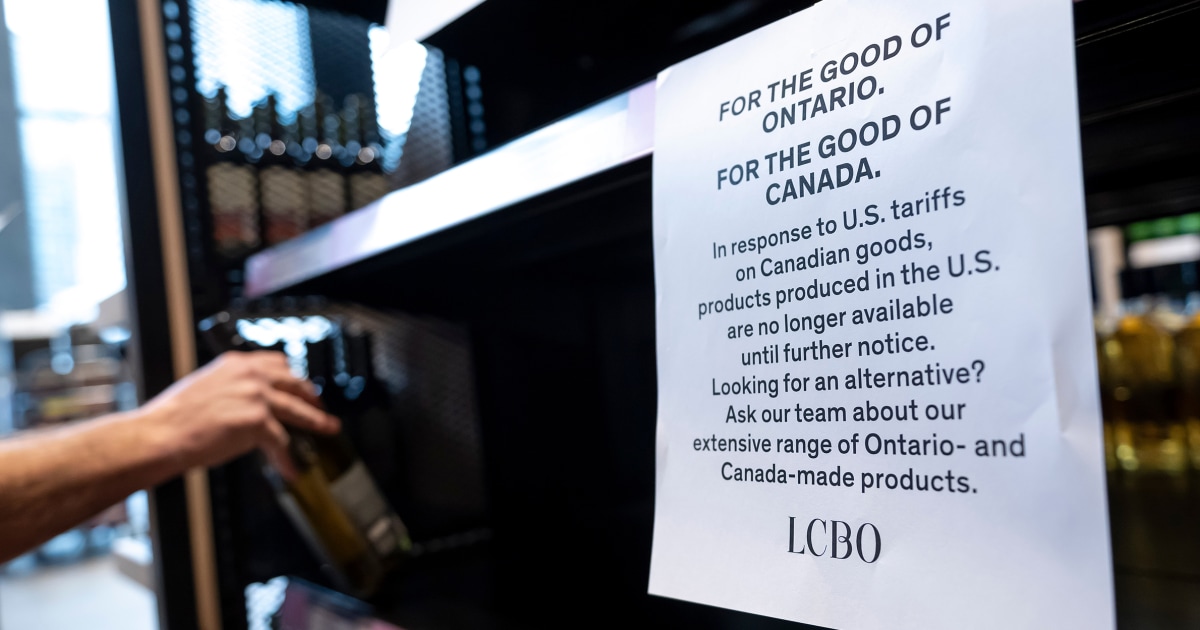Canada’s decision to boycott American-made wine, driven by retaliatory measures against Trump-era tariffs, has placed significant strain on the U.S. wine industry. Robert Koch, president and CEO of the California Wine Institute, highlighted that Canada represents the largest export market for U.S. wines, with annual retail sales exceeding $1.1 billion. Ontario initiated the boycott, which quickly spread across all provinces, removing U.S.-made wines and alcohol from shelves and menus nationwide. Manitoba Premier Wab Kinew mocked the tariffs in a social media video, emphasizing national pride in avoiding American products. Industry experts warn of potential long-term consumer alienation, even if tariffs are resolved. Mike Kaiser of Wine America noted that while some winemakers might absorb the tariffs, the loss of $1 billion annually in unsold inventory disrupts the domestic market significantly. Additional challenges include post-pandemic shifts in consumer preferences, inflation-driven price hikes, and health advisories questioning wine consumption. Wineries also face increased costs due to tariffs on Chinese bottles and European barrels and corks. The situation affects regions beyond California, such as New York’s Finger Lakes, where Canadian tourism contributes significantly to local wineries. Industry leaders advocate for targeted tariffs and exclusion from trade disputes to mitigate damage.
— new from NBC News
